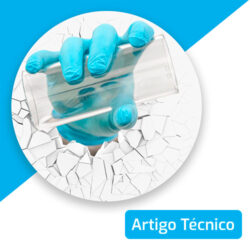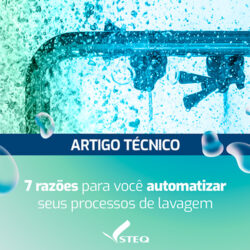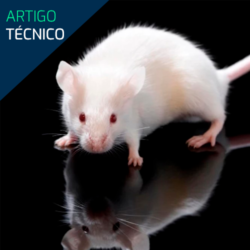[vc_row full_width=”stretch_row_content_no_spaces” css=”.vc_custom_1637666995946{padding-top: 300px !important;padding-bottom: 220px !important;background: #a3a3a3 url(https://steq.com.br/wp-content/uploads/2021/11/Banner-Blog-1.jpg?id=5924) !important;}”][vc_column][vc_column_text]
How does storage temperature affect vitamin levels in tissue samples?
[/vc_column_text][vc_separator color=”sandy_brown” border_width=”3″ el_width=”10″][/vc_column][/vc_row][vc_row css=”.vc_custom_1564073259210{margin-top: 25px !important;margin-bottom: 25px !important;}”][vc_column width=”3/4″][vc_column_text css=”.vc_custom_1637672479142{padding-bottom: 20px !important;}”]A study carried out by a group of scientists from Tufts University and Rush University, in the USA, showed how brain tissue samples underwent changes in the levels of vitamin D and menaquinone-4 when stored for more than 6 years at -80°C. In the study, the group of scientists demonstrated how 25(OH)D3 and MK4 appear to be stable in the brain tissue of older adults stored at -80°C for up to 6 and 9 years, respectively, but not for longer. Freezer storage time should be considered in the design and interpretation of studies using archived brain tissue. Although this study only tested brain tissue, it is proven that this also affects other types of tissue, considering that the stability time is different according to the sample.

The quality of the tissue sample, used for further analysis, is an important factor and depends on the collection and preservation of the samples prior to analysis. Ideally, samples are frozen immediately after collection, but if they are collected in the field, suitable preservation methods may be limited due to unavailability of resources. This means that if you need to keep tissue samples completely intact, you need to store them at cryogenic temperatures at -150/-170°C whenever possible.
ARCTIKO, a world reference and refrigeration specialist, recommends that tissue samples be stored in cryogenic freezers with double cooling systems for long-term storage. The ARCTIKO ULUF or ULTF freezers that reach -86°C can be used during the study process in the laboratory itself. [/vc_column_text][vc_column_text css=”.vc_custom_1636393814496{padding-bottom: 20px !important;}”]
For more information about ARSTIKO’s complete line of equipment, please contact us at contato@steq.com.br.
[/vc_column_text][/vc_column][vc_column width=”1/4″][vc_basic_grid post_type=”post” max_items=”3″ element_width=”12″ gap=”15″ item=”958″ grid_id=”vc_gid:1637672091337-123c8ad1-4dda-5″ taxonomies=”4, 1, 5, 3″][/vc_column][/vc_row]




